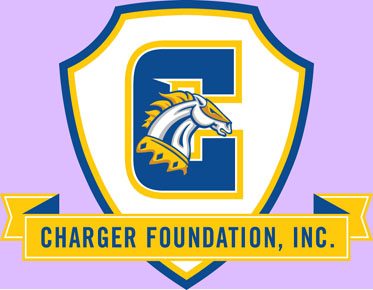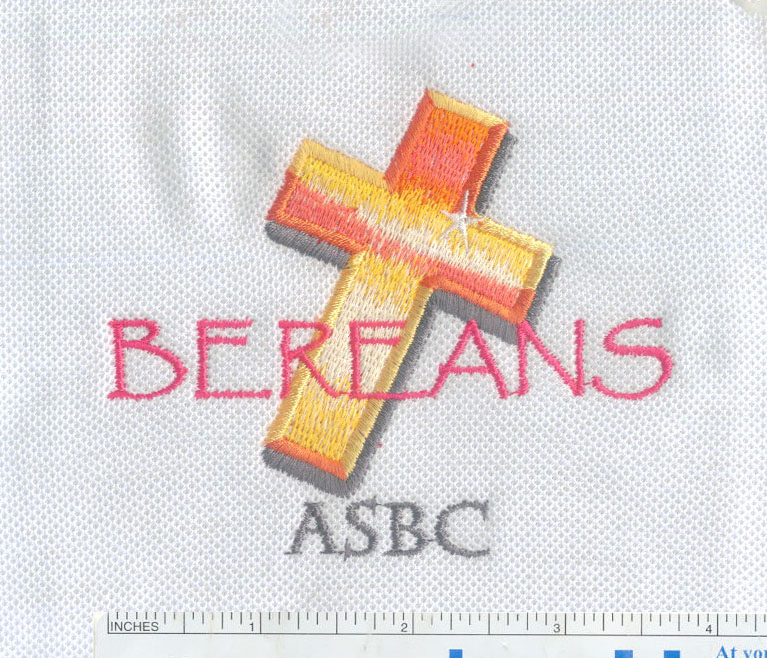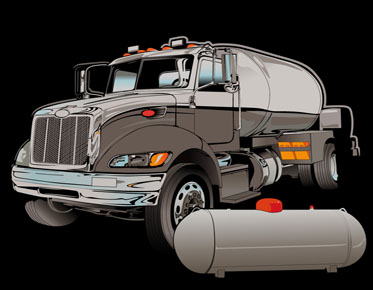Vector Art Trends for 2024: A Sneak Peek into the New Year
As we step into the canvas of a new year, the world of graphic design is buzzing with anticipation for the latest trends that will shape the landscape of vector art. From vibrant color palettes to innovative styles, 2024 promises to be a year where creativity knows no bounds. In this blog post, we'll take a sneak peek into the exciting vector art trends that are set to dominate the design scene in the coming year, offering designers and enthusiasts a glimpse into the future of visual storytelling.
1. Playful Geometrics: Merging
Precision with Whimsy
Dynamic
Shapes and Patterns:
● Abstract Geometry: Embrace abstract geometric patterns that add a touch of playfulness to
designs. Triangles, hexagons, and asymmetrical shapes will take center stage.
● Gradient Overlays: Experiment with gradient overlays on geometric elements to create
depth and dimension, adding a sense of movement to the composition.
Merging
Realism with Geometrics:
● Photorealistic Overlays: Overlay realistic images within geometric shapes to create a
captivating contrast between the precision of geometry and the organic feel of
photography.
● Creative Cropping: Explore creative cropping techniques to merge geometric elements with real-world subjects, forming visually engaging compositions.
2. Neo-Pastels: A Contemporary
Twist on Soft Hues
Modern
Pastel Palettes:
● Muted and Soft Tones: Move beyond traditional pastels by incorporating muted and soft tones.
Dusty pinks, sage greens, and subdued blues will dominate the color spectrum.
● Monochromatic Pastels: Experiment with monochromatic palettes using variations of a single
pastel color for a sophisticated and cohesive look.
Bold
Accents with Soft Backdrops:
● Vibrant Pop Colors: Introduce bold and vibrant pops of color against a soft pastel backdrop
to create visual interest and focal points.
● Textured Pastels: Add texture to pastel elements, creating a tactile and visually stimulating experience for viewers.
3. Abstract Realism: Blurring the
Lines of Reality
Surreal
Fusion:
● Merging Real and Imagined
Elements: Blur the lines between reality and
imagination by merging real-world elements with abstract and surreal
components.
● Dreamlike Scenes: Craft dreamlike scenes that challenge traditional perceptions,
inviting viewers into a world of wonder and intrigue.
Mixed
Media Inspirations:
● Incorporating Textures: Integrate textures inspired by various artistic mediums, such as
watercolors, oils, or ink, into vector designs
for a multidimensional effect.
● Collage Techniques: Explore collage techniques that combine photographs, illustrations, and abstract elements to tell visually compelling stories.
4. Kinetic Typography: Adding
Motion to Design
Dynamic
Lettering Styles:
● Animated Typography: Bring letters to life with subtle animations, creating dynamic and
engaging typography that captivates the viewer's attention.
● Variable Fonts: Utilize variable fonts that adapt and morph in response to user
interactions, adding a layer of interactivity to the design.
Expressive
Type Treatments:
● Hand-Lettered Flourishes: Integrate hand-lettered elements with animated flourishes to infuse
personality and expressiveness into typography.
● Responsive Typography: Experiment with responsive typography that adjusts based on the device or screen size, ensuring a consistent and visually appealing experience.
5. Tech-Inspired Futurism: A
Glimpse into Tomorrow
Futuristic
Elements:
● Holographic Effects: Incorporate holographic effects to create a futuristic aesthetic that
reflects the influence of technology and innovation.
● Digital Anomalies: Introduce glitches, pixelation, and digital anomalies to embrace
imperfections and highlight the intersection of the digital and physical
worlds.
Cyberpunk
Vibes:
● Neon Lights and Bold Lines: Channel cyberpunk aesthetics with bold lines, neon lights, and a
dystopian color palette that evokes a sense of the future.
● Tech-Infused Landscapes: Blend technology with natural landscapes to create surreal and captivating scenes that bridge the gap between reality and virtuality.
6. Eco-Conscious Illustrations: A
Call for Sustainability
Nature-Inspired
Imagery:
● Floral and Botanical
Elements: Infuse designs with floral and botanical
illustrations that symbolize the connection between humanity and nature.
● Eco-Friendly Concepts: Illustrate eco-friendly concepts, such as renewable energy sources,
sustainable practices, and environmental conservation.
Earth-Toned
Palettes:
● Natural Hues: Embrace earth-toned color palettes inspired by nature, including warm
browns, greens, and muted blues, to convey a sense of environmental awareness.
● Textured Foliage: Add depth to illustrations with textured foliage, allowing viewers to connect with the intricate details of the natural world.
Conclusion: Crafting Tomorrow's
Visual Narratives
As we look ahead to
2024, the world of vector art promises an exciting journey into uncharted
creative territories. From the fusion of precision and whimsy in playful
geometrics to the contemporary twist on soft hues with neo-pastels, each trend
offers a unique perspective on the evolving language of design. Whether
designers choose to blur the lines of reality with abstract realism or add
motion to their creations with kinetic typography, the canvas of creativity is
vast and limitless.
As we embrace the
future, vector art becomes not just a visual expression but a narrative that
tells stories, conveys emotions, and sparks connections. So, gear up for a year
of innovation, experimentation, and boundary-pushing creativity as we
collectively shape the visual narratives of tomorrow. Here's to a year filled
with vector art that captivates, inspires, and
transforms the way we perceive the world through the lens of design.



